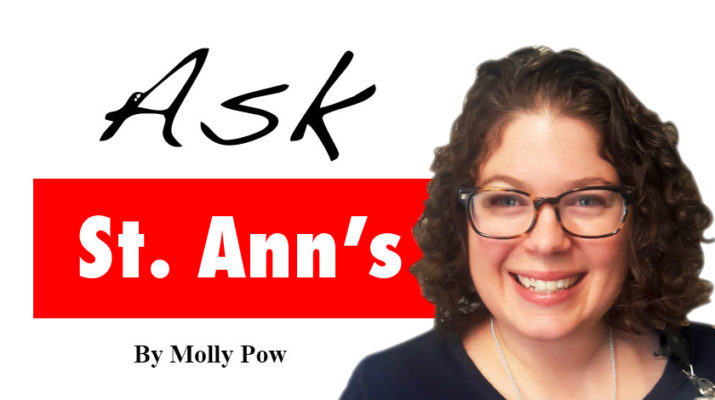By Molly Pow
 A split second is all it takes for a song to get you moving to the groove and feeling happier. Listening to music turns on your brain’s auditory, physical and emotional centers, but how do you get the therapeutic benefits of music to last, especially for seniors?
A split second is all it takes for a song to get you moving to the groove and feeling happier. Listening to music turns on your brain’s auditory, physical and emotional centers, but how do you get the therapeutic benefits of music to last, especially for seniors?
Board-certified music therapists get the job done by actively applying research-based supportive science to the creative, emotional, and energizing experiences of music.
Whether provided one-on-one or in a group setting, music therapy nurtures a senior’s growth and abilities, regardless of the elder’s talents. It also enhances their self-worth, self-esteem and relationships.
For example, therapists at St. Ann’s Home never miss an opportunity to integrate things like memory recall exercises into weekly group therapy sessions for residents to share stories and reminisce.
Senior living communities use music therapy as a safe and cost-effective alternative to promote wellness, manage stress, alleviate pain, express feelings, enhance memory, improve communication and support physical rehabilitation. Pharmaceutical interventions often decrease, too.
Whether you’re considering a high-quality music therapy program at an eldercare facility or in the community, here’s what to look for:
Board-certified music therapists:
They complete rigorous coursework in the sciences, music and psychology, community internships and continuing education through their careers to earn their credentials.
Daily interactions:
Music therapists observe and assess elders daily, including their emotional well-being, physical health, social functioning, communication abilities and cognitive skills, based on musical responses. They adjust their treatments accordingly.
Interdisciplinary care:
Assessments and recommendations from music therapists inform the multidisciplinary care team working toward a resident’s healthcare goals. They often co-treat with social work, occupational-, physical-, speech-, and recreational therapists, too.
Timely & safe:
To ensure a secure and productive session, therapists stay alert to any changes in a senior›s body movements, voice, breathing and eye contact. If the person becomes easily overstimulated, distressed or anxious at the onset of music based stimuli — as some elders living with dementia do — the therapist would recommend another form of care.
Community:
Music is an opportunity for people to come together, socialize and feel a sense of belonging. St. Ann’s Community offers a variety of social, spiritual, and self-care opportunities for residents and families, including support groups, adaptive handbell choir, cabarets and music-based intergenerational activities.
On a final note
Long after other healthcare treatments end, music therapy goes on to provide comfort to elders in end-of-life care. Therapists at St. Ann’s also support families during that time by providing them with ceremonial planning support, much-needed respite breaks, and support groups.
Music therapy is not a one-hit-wonder. Instead, it’s an intentional process that, over time, brings about and sustains change. All it takes is patience, a positive attitude, and a board-certified music therapist.
If you or a loved one live at home and think music therapy could improve quality of life, some music therapists will make house calls.
Look for a board-certified independent provider, contact a local college or university with a music therapy program, or visit: www.musictherapy.org to learn more.
Molly Pow is a board-certified music therapist at St. Ann’s Community and holds a Master of Science degree in creative arts therapy. She serves as the internship director and clinical supervisor for the music therapy internship program that brings college students to St. Ann’s Community. Contact her at mpow@mystanns.com or 585-697-6818 or visit www.stannscommunity.com

